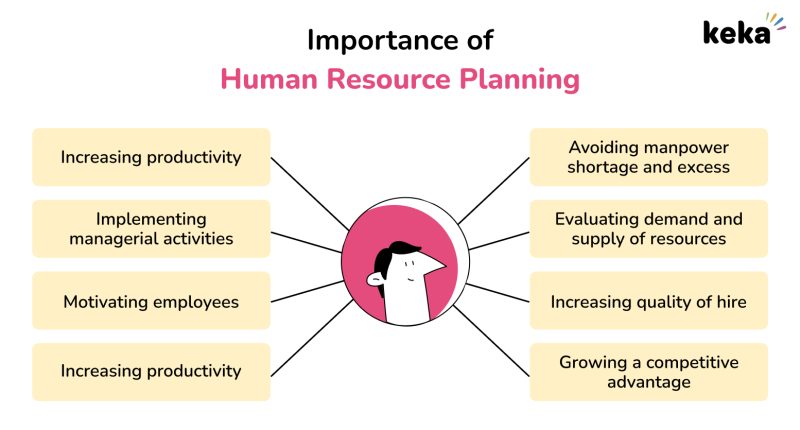What strategies can companies use to mitigate the impact of these restrictions
When diplomatic relations between countries lead to sanctions, embargoes, or other trade restrictions, companies face significant challenges in maintaining their operations and profitability. Here are some strategies companies can use to mitigate the impact of these restrictions:
1. Diversification of Markets and Suppliers
- Expand Market Reach: Companies can reduce dependency on a single country or region by expanding into new markets. This diversification helps to spread risk and ensures that a company is less vulnerable to sanctions or embargoes in any one market.
- Alternative Suppliers: Establishing relationships with suppliers in different countries can help mitigate the impact of restrictions. By diversifying the supply chain, companies can avoid disruptions if one source becomes unavailable due to political issues.
2. Localize Production and Operations
- Local Manufacturing: Setting up production facilities in different countries can reduce the impact of trade restrictions. By manufacturing goods locally, companies can avoid import/export bans and minimize the risks associated with cross-border trade.
- Local Partnerships: Forming joint ventures or partnerships with local firms can help companies maintain a presence in restricted markets. Local partners can navigate the regulatory environment more effectively and help the company comply with local laws and restrictions.
3. Restructuring Supply Chains
- Resilient Supply Chains: Companies should design supply chains that are flexible and resilient to disruptions. This might involve creating buffer inventories, utilizing multiple transportation routes, and maintaining relationships with multiple suppliers.
- Regional Hubs: Establishing regional hubs can help streamline distribution and reduce the reliance on long supply chains that cross multiple borders, thereby minimizing exposure to geopolitical risks.
4. Legal and Regulatory Compliance
- Compliance Programs: Companies must ensure that they are fully compliant with international laws and regulations. This includes staying informed about changes in sanctions or trade restrictions and adjusting business practices accordingly.
- Licensing and Exemptions: In some cases, companies can apply for special licenses or exemptions that allow them to continue operations despite restrictions. Engaging legal experts to navigate these processes is essential.
5. Risk Management and Contingency Planning
- Scenario Planning: Companies should conduct scenario planning exercises to anticipate potential restrictions and develop contingency plans. This could involve identifying alternative markets, suppliers, or transportation routes in advance.
- Insurance Coverage: Political risk insurance can provide coverage against losses due to sanctions, expropriation, or other government actions. This can help mitigate the financial impact of restrictions.
6. Engagement in Public and Economic Diplomacy
- Advocacy and Lobbying: Companies can engage in advocacy and lobbying efforts to influence policymakers and seek favorable outcomes, such as easing restrictions or securing exemptions.
- Stakeholder Engagement: Building strong relationships with local stakeholders, including government officials, business associations, and community leaders, can help companies navigate restrictions and maintain a positive operating environment.
7. Adaptation of Business Models
- Digital and Remote Solutions: Companies can pivot to digital platforms to continue serving restricted markets. This might involve e-commerce solutions, digital services, or virtual collaboration tools that circumvent physical trade barriers.
- Alternative Payment Mechanisms: Restrictions often include financial sanctions. Companies can explore alternative payment systems, such as local currency transactions, barter arrangements, or cryptocurrencies, to continue business in restricted markets.
8. Strategic Stockpiling
- Inventory Management: In anticipation of sanctions or embargoes, companies can strategically stockpile essential materials or products. This allows them to continue operations during periods of disruption, buying time to adjust their supply chains or operations.
- Raw Material Sourcing: Companies should identify and secure alternative sources of critical raw materials in advance, ensuring that production can continue even if primary sources are cut off.
9. Collaboration with International Organizations
- Engagement with Trade Organizations: Companies can work with international trade organizations or chambers of commerce to advocate for fair trade practices and seek support in navigating restrictions.
- Humanitarian Exemptions: In some cases, products related to healthcare, food, or other essential goods might qualify for humanitarian exemptions. Companies can collaborate with NGOs and international bodies to continue supplying these critical goods.
10. Innovation and R&D Investment
- Product Innovation: Companies can invest in research and development to create products that are less reliant on restricted materials or technologies. This can help mitigate the impact of sanctions on production and sales.
- Process Innovation: Streamlining and innovating business processes can reduce costs and improve efficiency, helping companies adapt to the increased costs or logistical challenges that come with sanctions.
11. Ethical and Transparent Operations
- Ethical Standards: Maintaining high ethical standards and transparency in operations can build goodwill and credibility, potentially leading to more lenient treatment from regulatory bodies or public support in navigating restrictions.
- Corporate Social Responsibility (CSR): Companies that are seen as socially responsible may receive more favorable consideration in negotiations with governments or in securing exemptions, especially if their operations contribute positively to the local community.
By implementing these strategies, companies can better navigate the complex landscape of international sanctions and trade restrictions, minimizing disruptions and maintaining their global operations.






